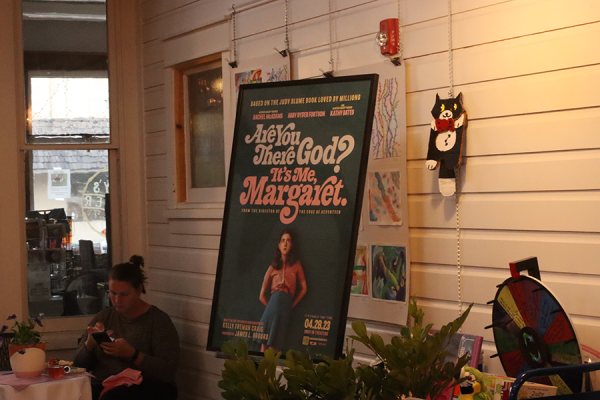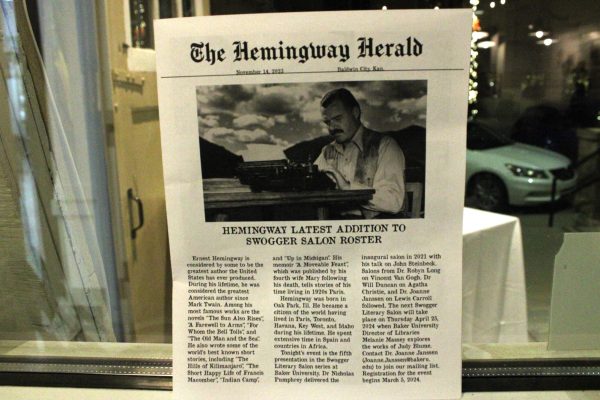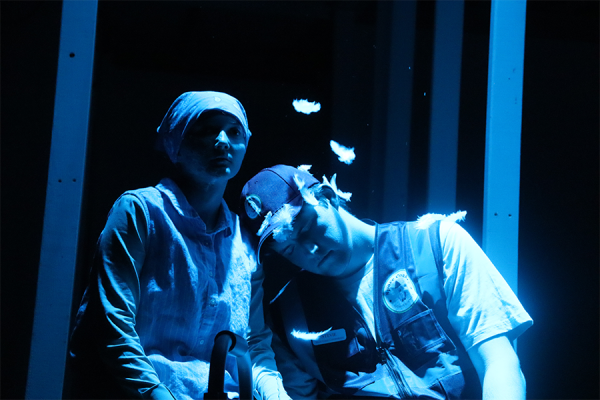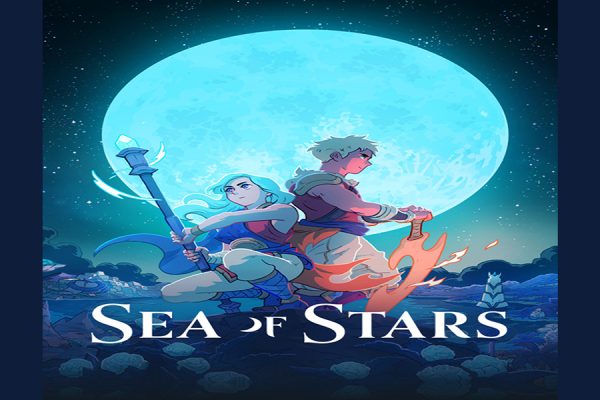The impact of the Thicke-Gaye case
Music influences music.
By nature, musicians are responding and reacting to art that came before them.
A Los Angeles jury recently found Robin Thicke and Pharrell Williams guilty of copyright laws, and the duo must pay the Marvin Gaye estate $7.3 million dollars in damages. The Gaye estate claims that Thicke’s “Blurred Lines” was a copy of Marvin Gaye’s 1977 song “Got to Give it Up”.
While this may seem like a simple copyright case, the repercussions of this decision could have damaging effects on the progress of music.
When the Ramones released “Blitzkrieg Bop” in 1976, it caused waves of bands copying their signature “three chord” approach. Today we call this punk rock. When NWA released “Straight Outta Compton” in 1988, it caused a dramatic shift in the lyrics of hip-hop to gritty street stories. Today we call this gangster rap. Nirvana inspired countless Seattle bands to follow the example they set with 1991’s “Smells Like Teen Spirit.” Today we call this grunge music.
As seen in the examples above, music follows and imitates the movements before it. I see “Blurred Lines” as a tribute to the soul artist of the ’60s and ’70s. This includes Marvin Gaye.
In fact, Thicke is not the only modern artist to show his love of soul music. Pop musicians like Cee Lo Green and Aloe Blacc as well as independent musicians like Lee Fields and The Budos Band all have traceable roots to the genre.
By having Thicke and Williams pay millions over a song that has very loose ties to a ’70s classic, it creates a dangerous precedent for other musicians. In fact, the very soul revival would be in jeopardy. Musicians will need to start censoring their songs to keep them free of lawsuits, and by extension, hinder the evolution of popular music.
While it is down to personal interpretation how much Thicke borrowed from Gaye, it is not up to debate that they are different songs with different subject matters. The impact of this case has yet to be seen, but the ripples may be felt for years to come.










